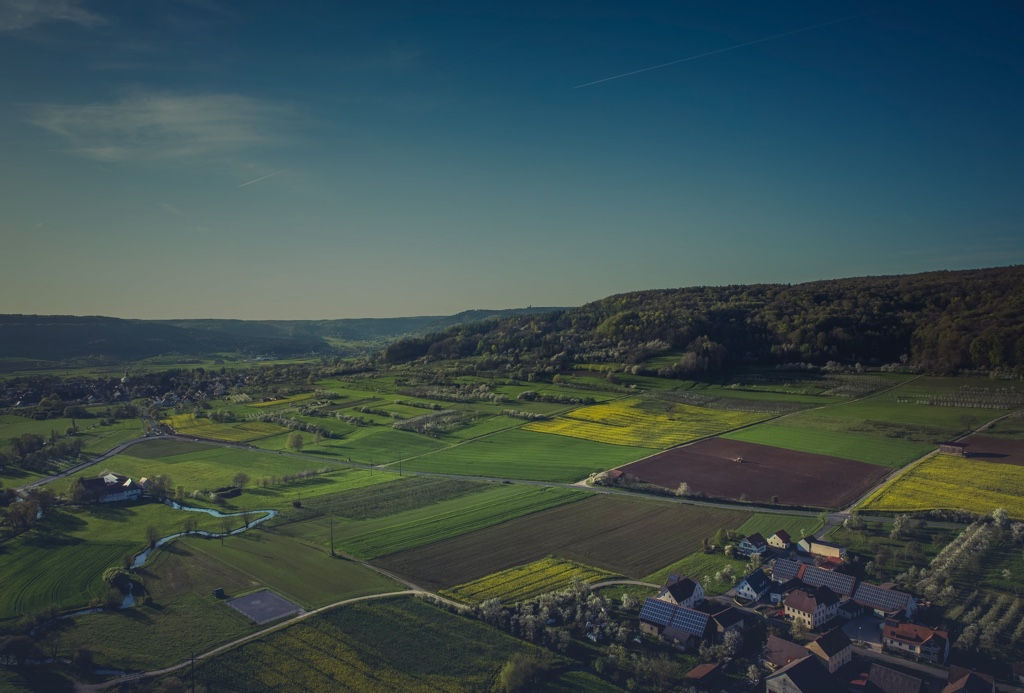Lessons from Lockdown
- Georgina Knock
- Nov 16, 2020
- 3 min read
Updated: Nov 30, 2020
During covid lockdown #1, Georgina Knock, Marketing Communications Manager at KisanHub, reflected on the role of technology in agriculture and how we embrace tools to adapt.
The effect of coronavirus has been colossal. Forever an optimist, I try to focus on the lessons we can
learn from challenging times. So while lockdown saw a huge surge of consumers experiencing the
rollercoaster of sourcing, growing and cooking food in totally new ways, it probably transformed the food supply chain forever.
Adapting with Tech’s toolbox
Coronavirus has accelerated changes in behaviour, including how people buy food. What
would have occurred gradually over several years, has happened in a handful of months. More on-line
ordering from retailers and farm shops has shifted consumer expectations, with technology set to be
an increasingly integral part of people’s relationship with food for years to come.

In agriculture the tech toolbox is vast, and adaptability is one of farming’s best qualities - from crop and livestock genetics, to sensors in soil and machinery, to applying seed, sprays and fertilisers ever more precisely.
Working alongside traditional farming methods these tools improve efficiency and safety, and ultimately help us produce more food whilst impacting the environment less. But whilst farming is data-rich, the information is often in silos, collected on paper or simple spreadsheets, making analysis and insights tricky.
We routinely check the news and update our Facebook status on our Smartphones. So why
don’t we track crop growth stages, for example, in just the same way? “Maris Piper has just
completed its growth cycle #readytoharvest” with emojis optional 👍🚜

My Agritech Journey
Over the past few years I have enjoyed becoming more involved in managing our family
arable farm in Suffolk. I am currently researching irrigation systems and the choice, like tech’s
toolbox, can seem vast, especially when factoring in a return on investment to match 5, 10 and 20
year business plans.
My previous roles have always involved technology – I find the possibilities fascinating. In January I joined agritech software specialist KisanHub, combining my passions for farming and
innovation. For me it comes down to connection, and which tool best connects and optimises what
we already have on the farm, for future proofing the business.
Remarkably, during the start of coronavirus, KisanHub had its best quarter of the past two
years. More businesses were searching for tools to support and manage their teams remotely, share
photos and videos for agronomy advice, and see accurate forecasting for urgent supply.
As Paul Sneyd, Global Grower Manager at Jupiter Group, based in Shropshire, explains: “The challenges COVID-19 brings means having our data all in one place and full visibility of our supply chain thanks to KisanHub has been imperative. As we move forward with the demands of consumers and how they view their purchasing habits, we believe it’s important that there is transparency between seed and shelf, so everyone from our growers, customers and consumers can see we are producing food in a sustainable way.”
Online world

The online platform connects supply chains from seed to sale, and supports over ten thousand growers globally, managing over 50 different crops, from potatoes to pomegranates, including major food businesses, like AB InBev, and UK-based Burgess Farm Produce and TH Clements.
The online hub harnesses the security and connectivity of cloud technology, as online banking did for the finance sector in the early 1990s. It recently integrated with Farmplan’s Gatekeeper, so the two speak the same language, to gain better insights without entering information twice.
Collaboration and efficiency
Similar to online banking, these digital tools can provide a secure and faster way for people to
collaborate and share information. Imagine farm managers, agronomists, technical managers and
the procurement team all having a central source of ‘truth’ to improve efficiency through data-led
decisions.
This improves the reliability of data, so companies can respond faster than with traditional
paper and multiple spreadsheets. Paperless load tickets will be released later this year, for example,
bringing farming further into the online world.
To create more efficient, sustainable and resilient food supply chains, we need to embrace data,
software and technology. So maybe the brightest silver lining of the coronavirus pandemic for me
has been a newfound appreciation for our UK food system, and that food is integrally connected with
our health and wellbeing, and can benefit hugely from the appliance of new technologies.

About the Author
Georgina Knock is 5th generation on family arable farm in Suffolk with Holiday Lettings diversification. MSc in Behaviour Change and on the Farmers Club Under 30s Committee since 2017. Email georgina@kisanhub.com
Twitter | @georgina_knock




Comments